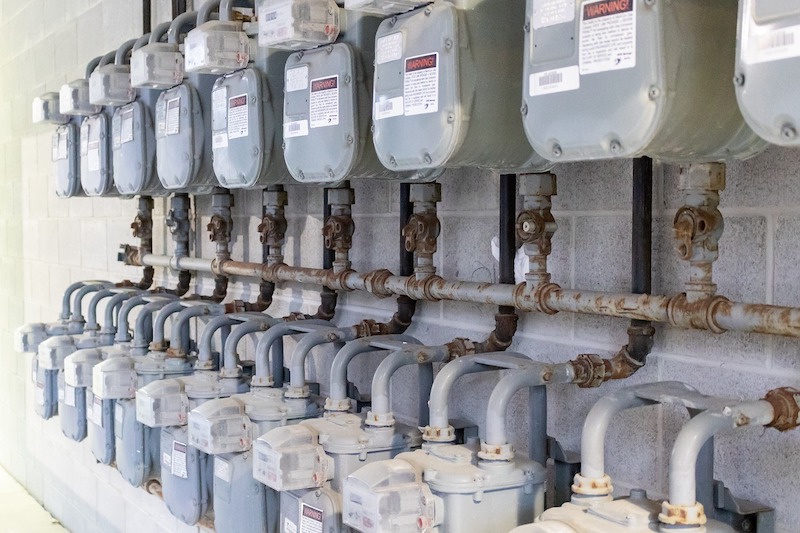At least 13 states have developed performance incentive mechanisms (PIMs) to encourage utilities to deliver energy savings at specific times to optimize the nation’s power grid, according to a report by the American Council for an Energy Efficient Economy (ACEEE).
“Energy efficiency and demand response are essential tools to drive down the cost and greenhouse gas (GHG) emissions of electricity systems affordably and rapidly,” according to ACEEE. “These services can reduce demand at specific times to optimize the power grid, which we call ‘strategic demand reduction’ (SDR).”
Utilities are just beginning to integrate SDR into their grid planning, investments, and operations. Studies indicate that demand flexibility and energy efficiency hold “vast untapped potential,” ACEEE says.
States are using varied approaches on PIMs. Some states use traditional utility procurement approaches to peak demand reduction, such as in Hawaii and Texas. Massachusetts and New York use newer methods of encouraging SDR by compensating utilities for a mix of actions and outcomes. States show increasing interest in moving demand from one time of day to another and in grid-balancing measures that target times when renewables create steep ramps in available supply.
Related Stories
| Mar 8, 2012
Federal silica dust rule caught in bureaucratic limbo
A federal rule meant to protect the lungs of workers has been caught in bureaucratic purgatory for more than a year.
| Mar 8, 2012
New LEED-EBOM rating has requirements for specific project types
Several key changes are proposed for the LEED-EBOM Rating System in 2012.
| Mar 8, 2012
Green buildings more resilient than conventionally built structures
A new study by the U.S. Green Building Council (USGBC) and the University of Michigan’s Taubman College of Architecture and Urban Planning suggests that structures built to green standards can advance building resiliency.
| Mar 1, 2012
LEED Platinum standard likely to mean net-zero energy by 2018
As LEED standards continue to rise, the top level, LEED Platinum, will likely mean net-zero energy construction by 2018.
| Mar 1, 2012
EPA beefs up stormwater discharge rule from construction projects
The U.S. Environmental Protection Agency (EPA) has now finalized its 2012 construction general permit (CGP) that authorizes stormwater discharges from construction projects that disturb one or more acres of land in the areas where EPA is the permitting authority.
| Mar 1, 2012
Regulators investigate structural failures during construction of two Ohio casinos
Regulators with the Occupational Safety & Health Administration and the city of Cincinnati are investigatingthe collapse of the second floor of Cincinnati's Horseshoe Casino as workers were pouring concrete.
| Mar 1, 2012
Is your project too small for LEED? Consider other green standards
There are many other recognized national, state and local programs that offer a variety of best management practices and sustainable design, construction and operating strategies.
| Mar 1, 2012
California bill aims to cut costs for commercial building energy retrofits
A bill in the California Assembly would allow the state to pool together property owners’ energy-retrofit loans.
| Feb 29, 2012
Carvalho appointed Shawmut Safety Director
He has been a driving force behind multiple safety-orientated initiatives at Shawmut, including Safety Week, the creation of an online safety manual, and the implementation of a new safety reporting and tracking system.
















